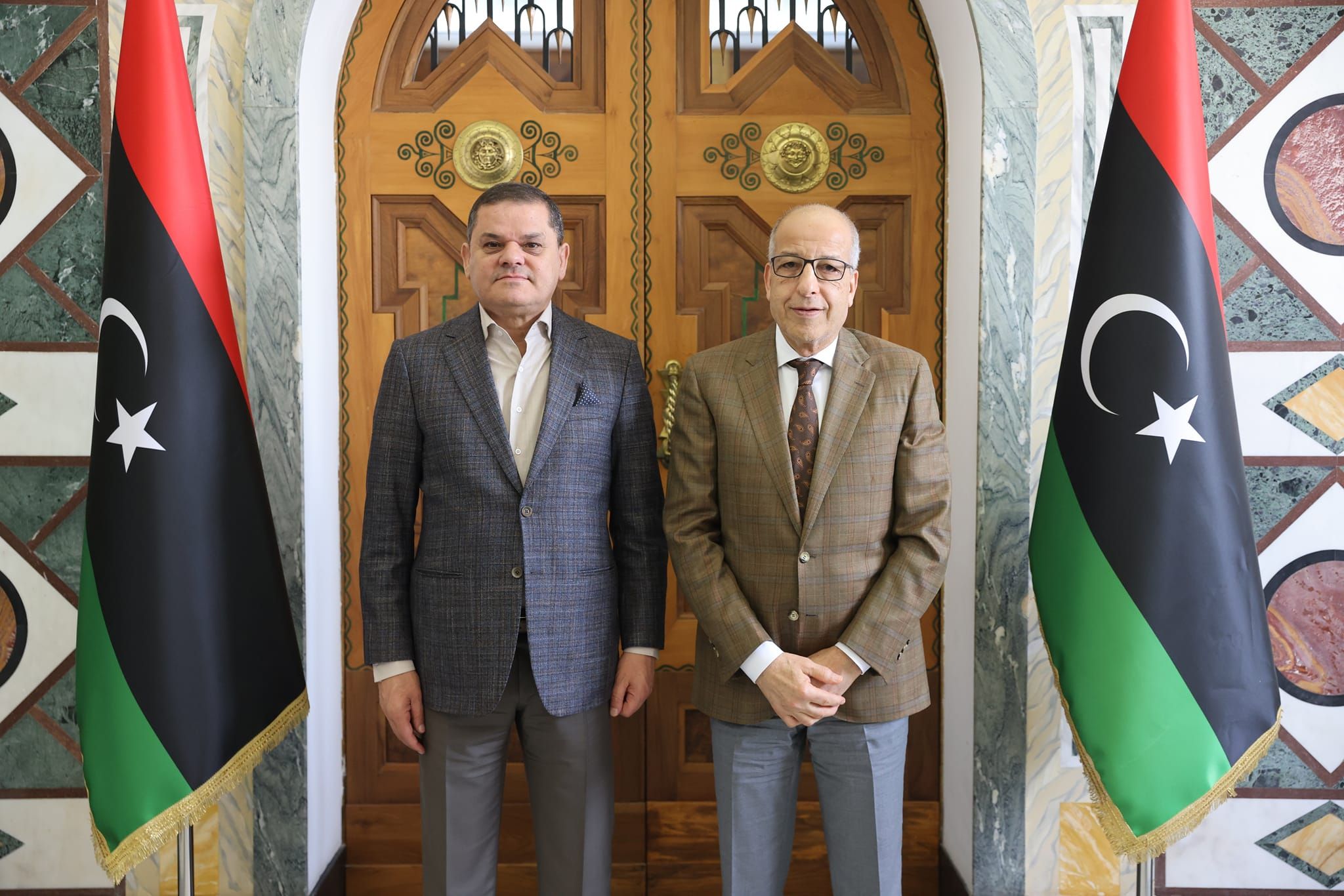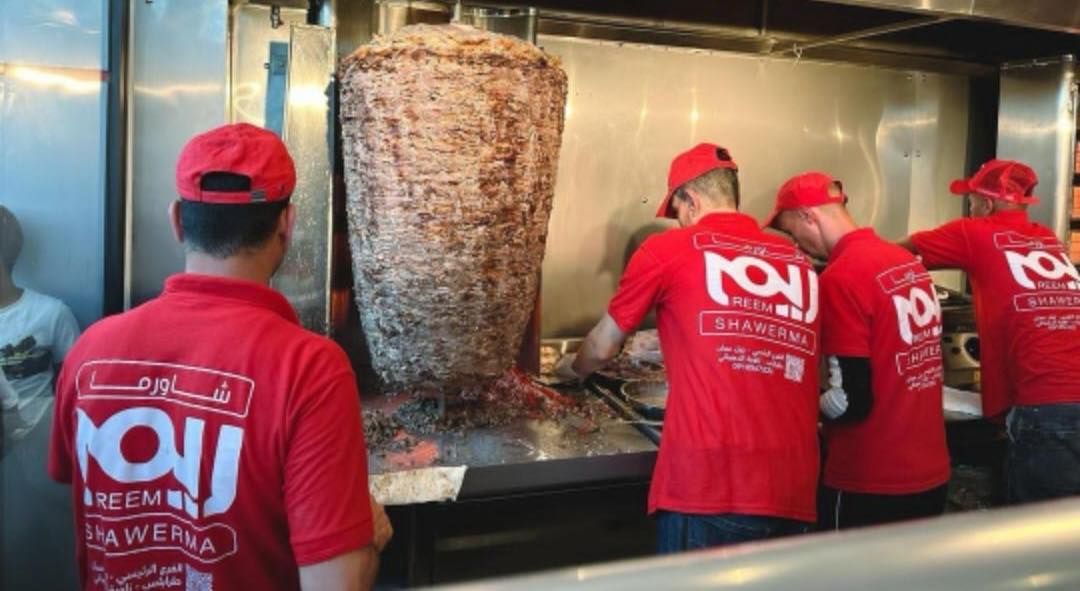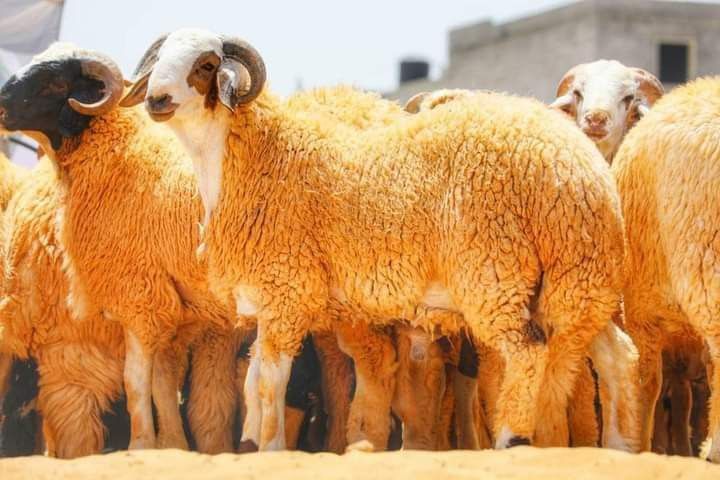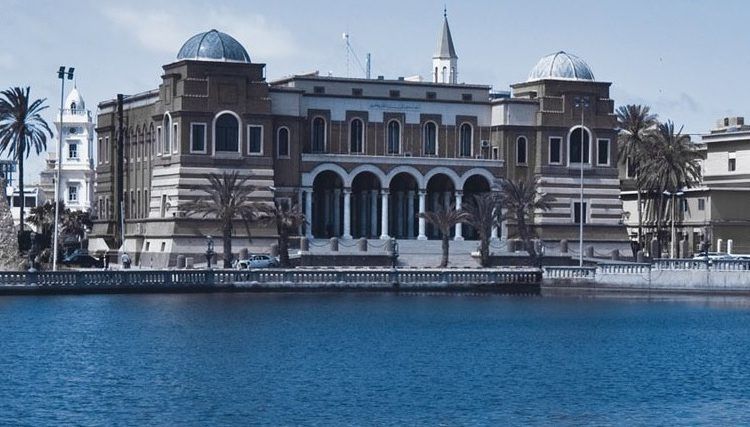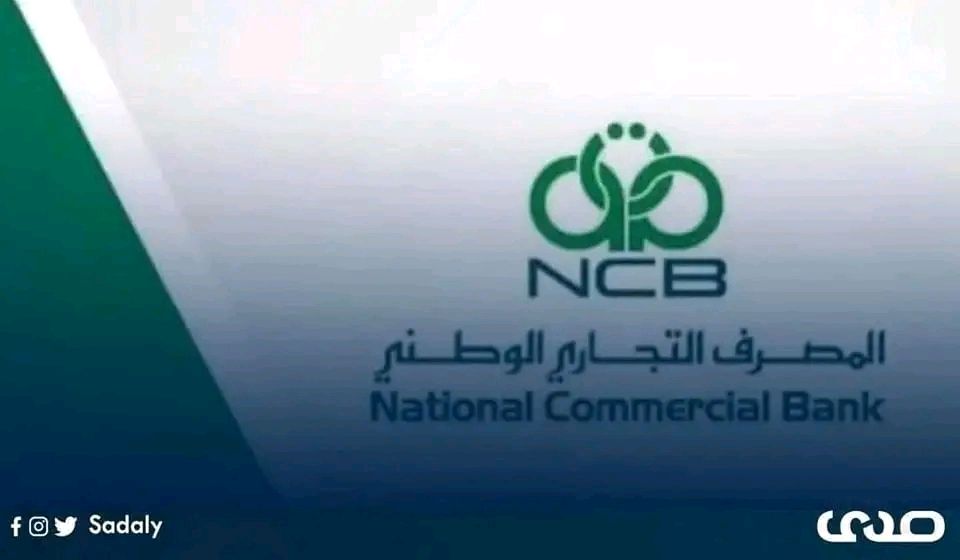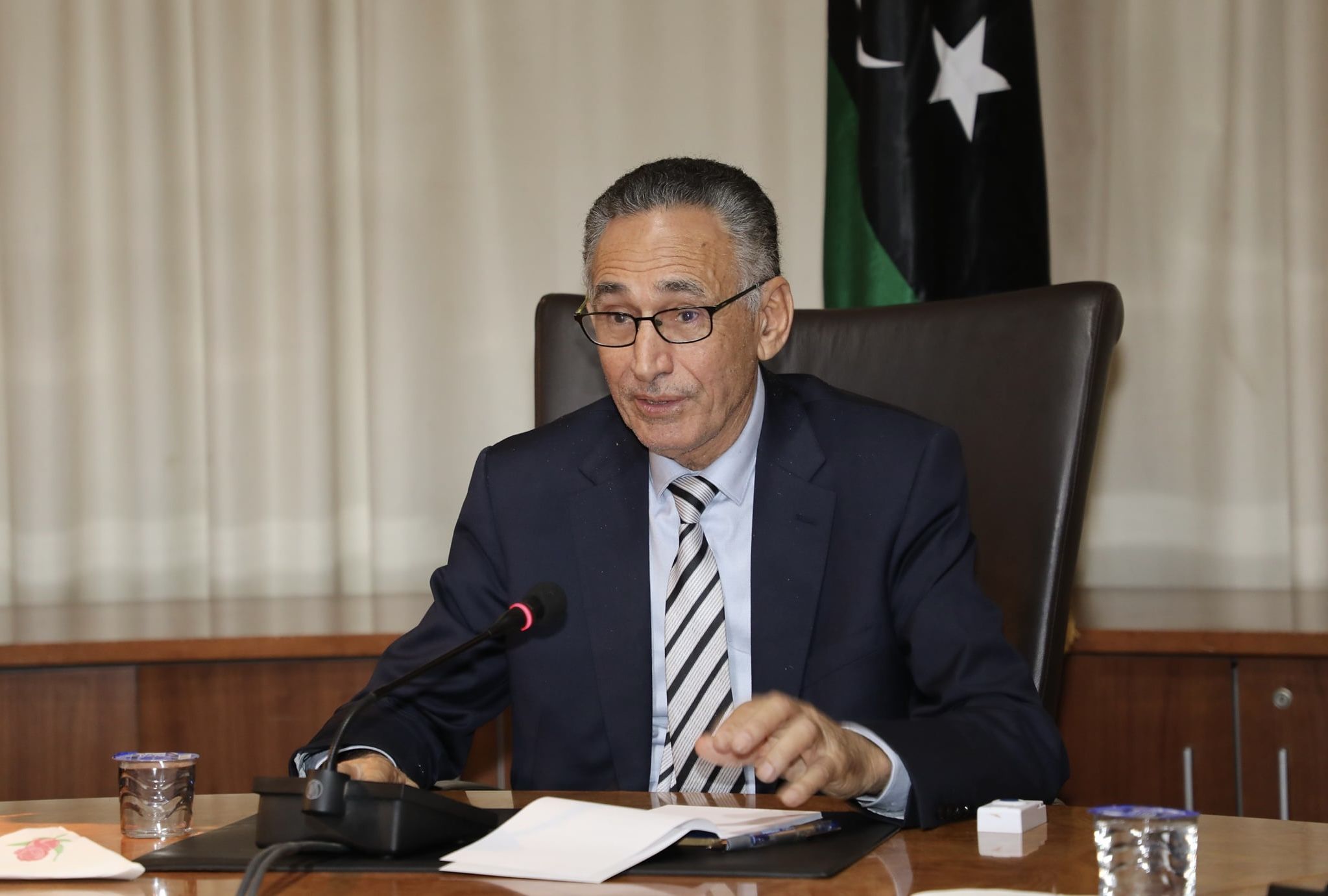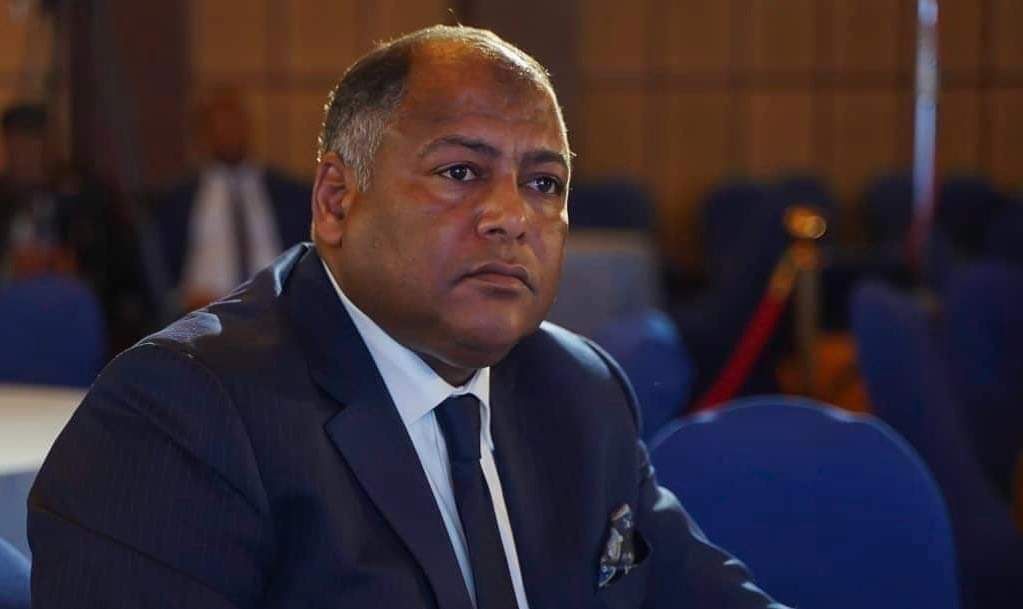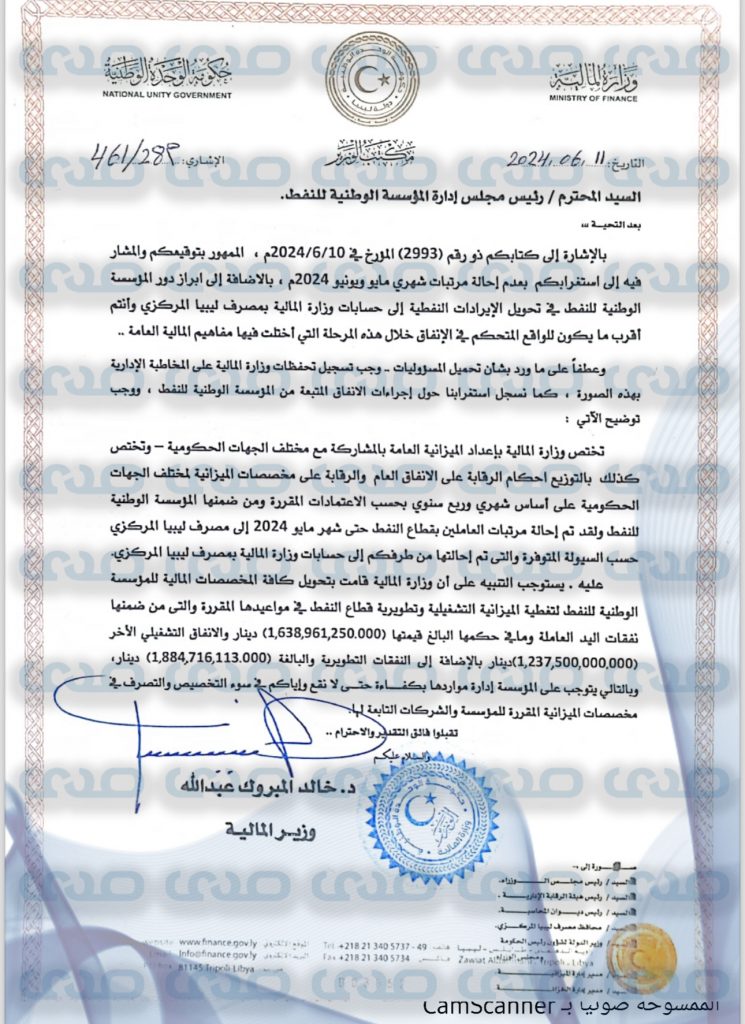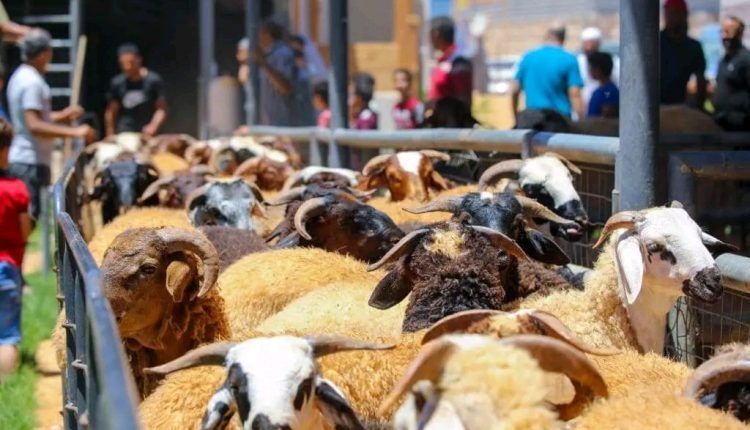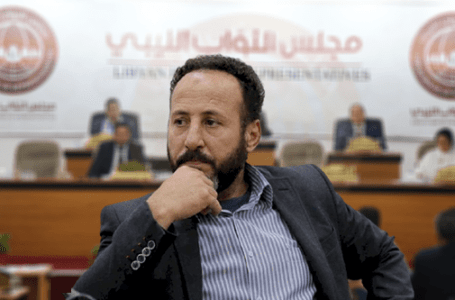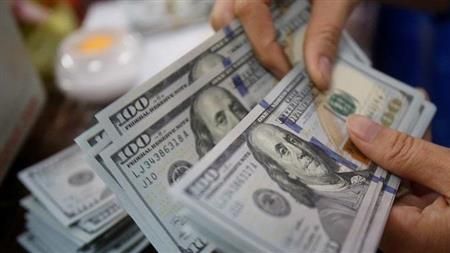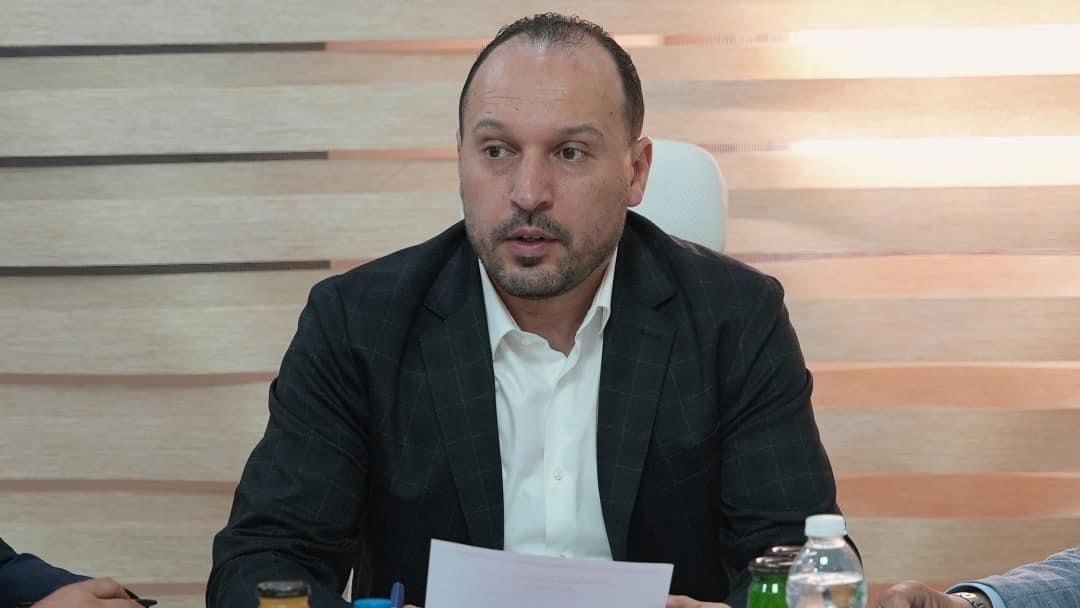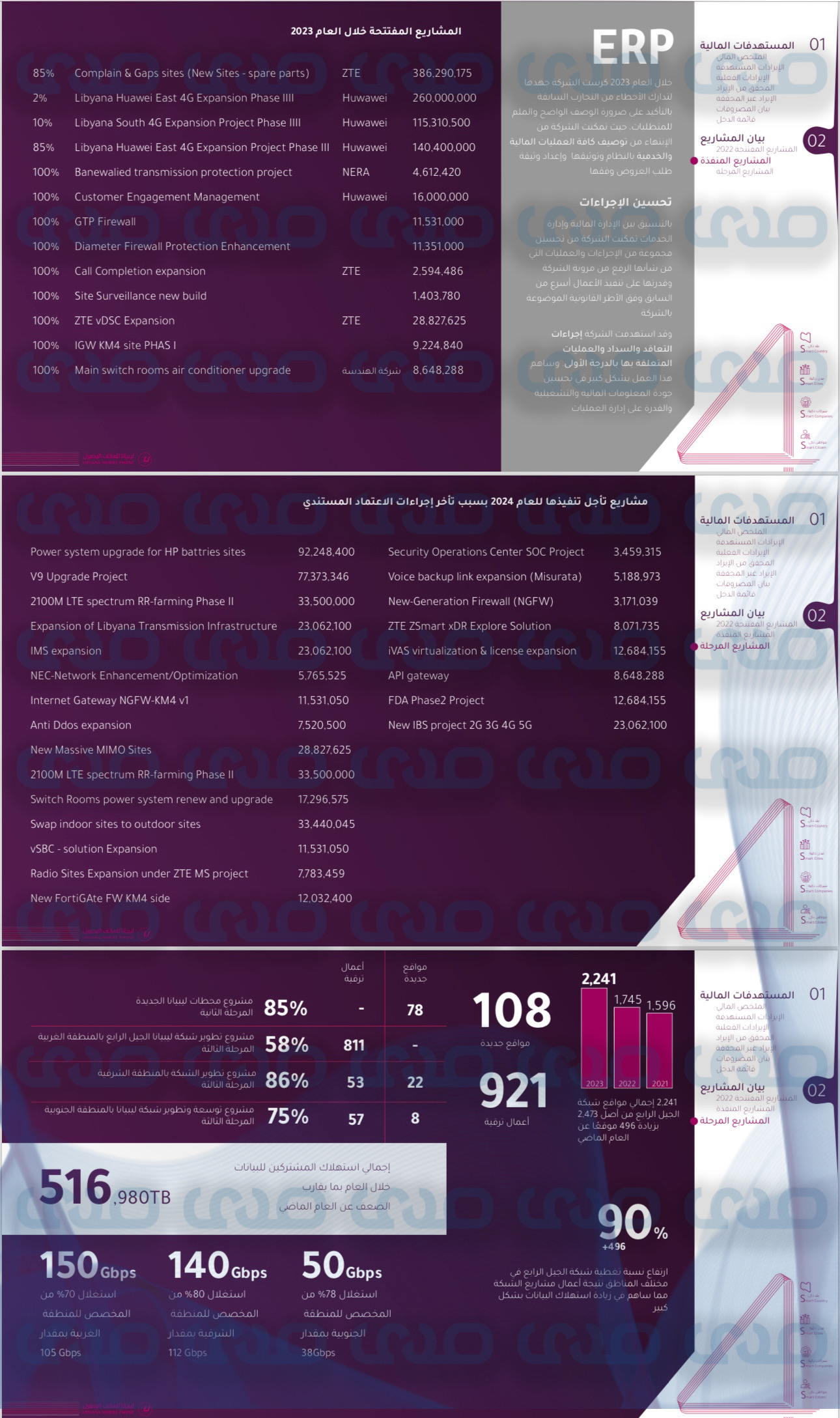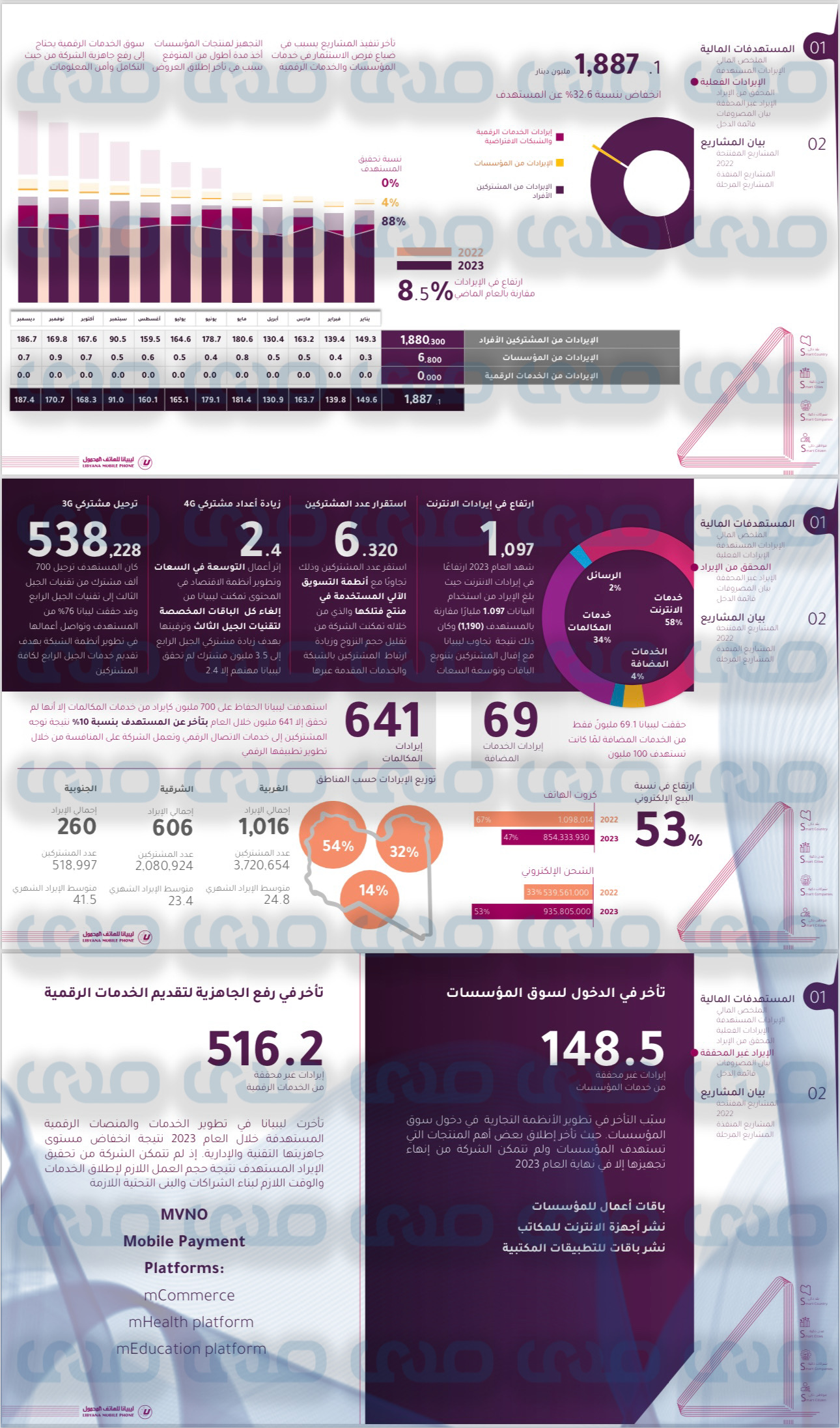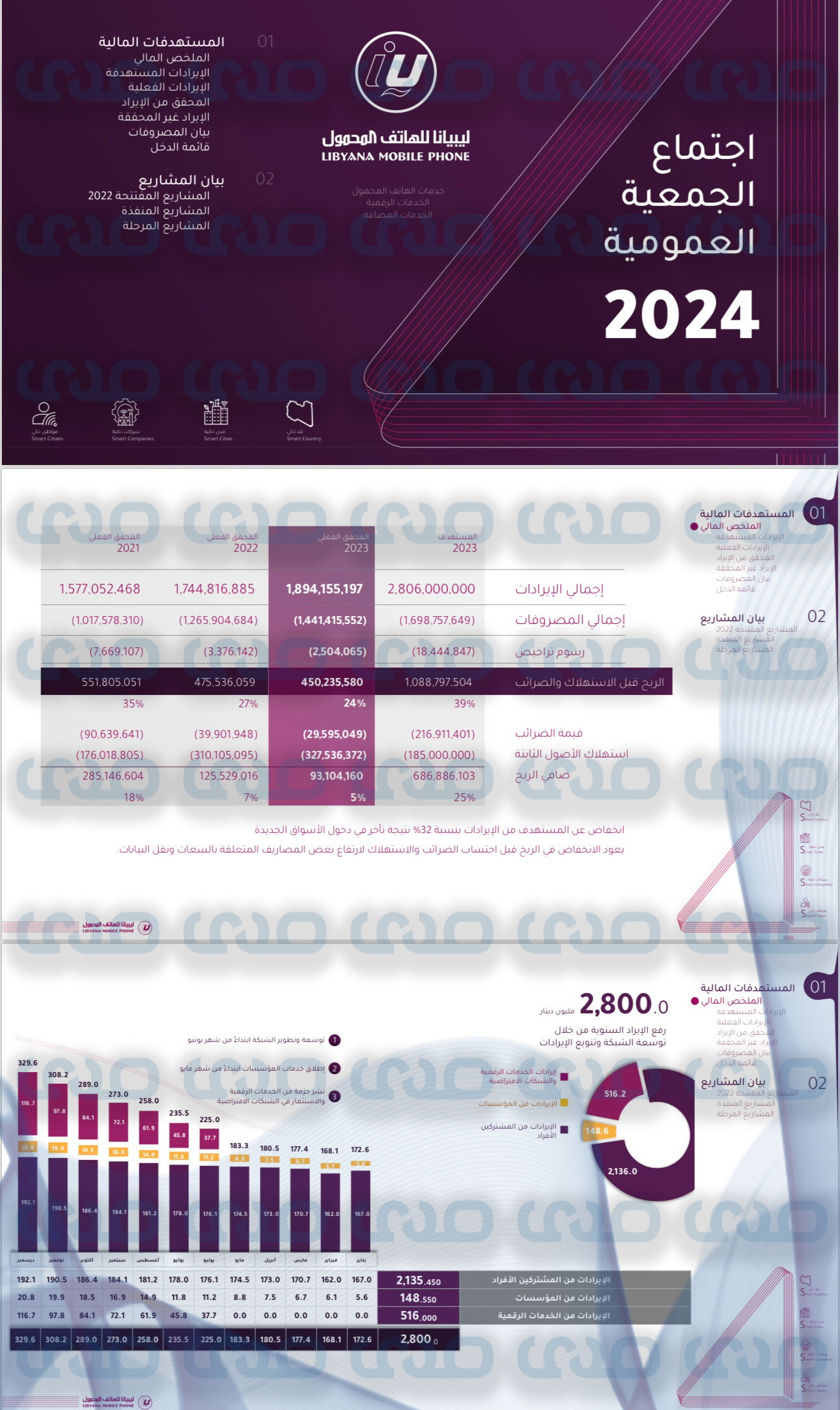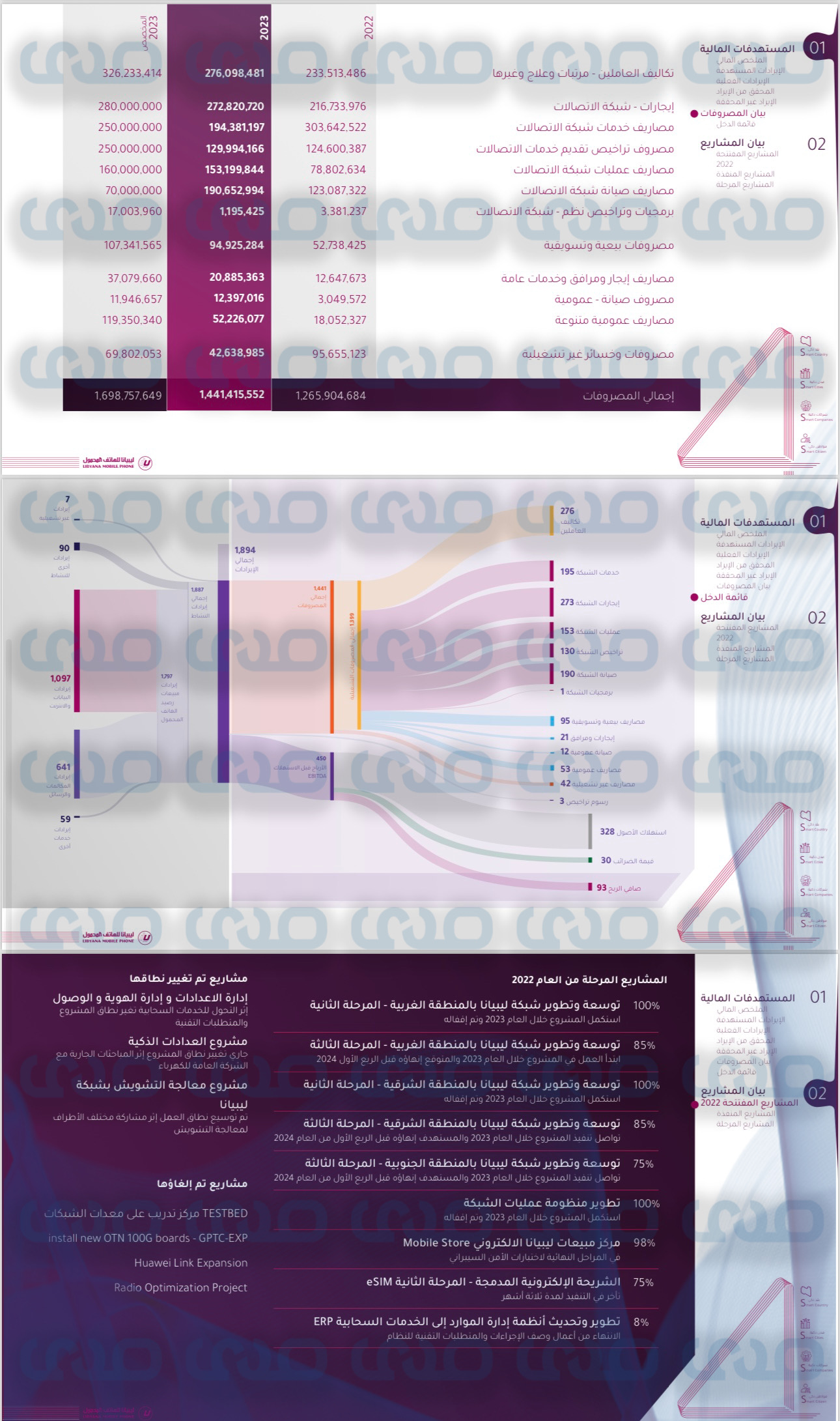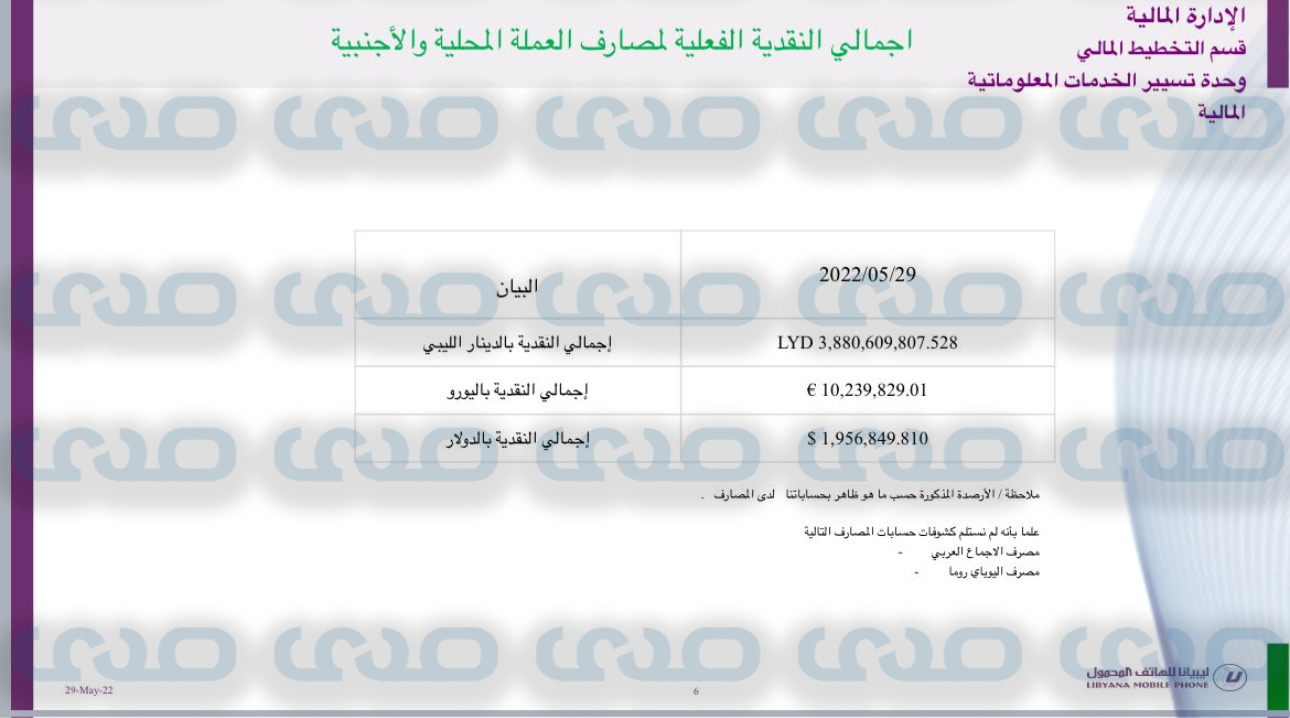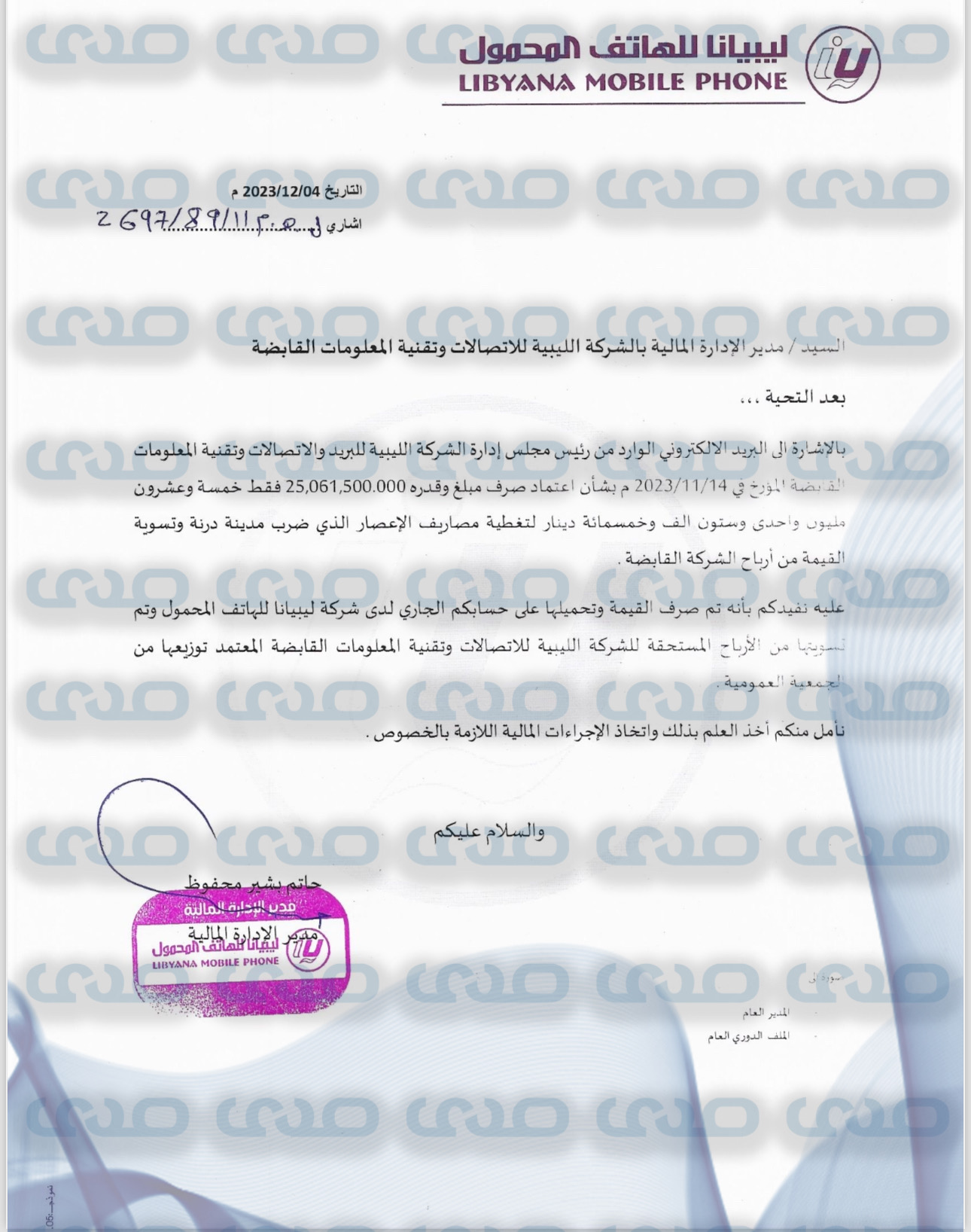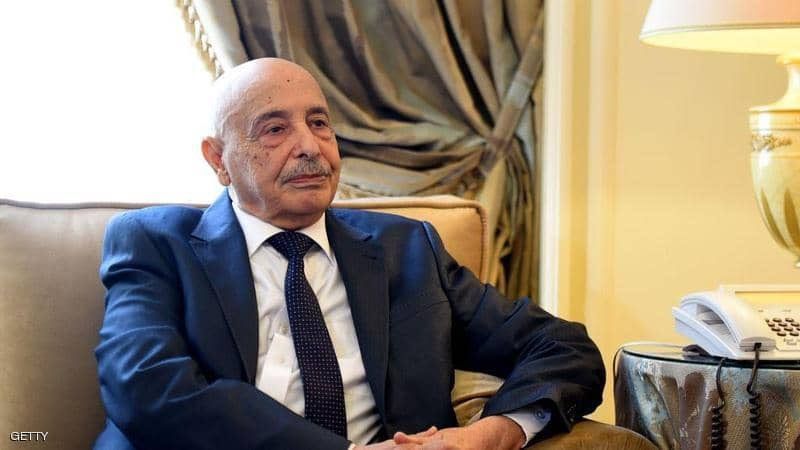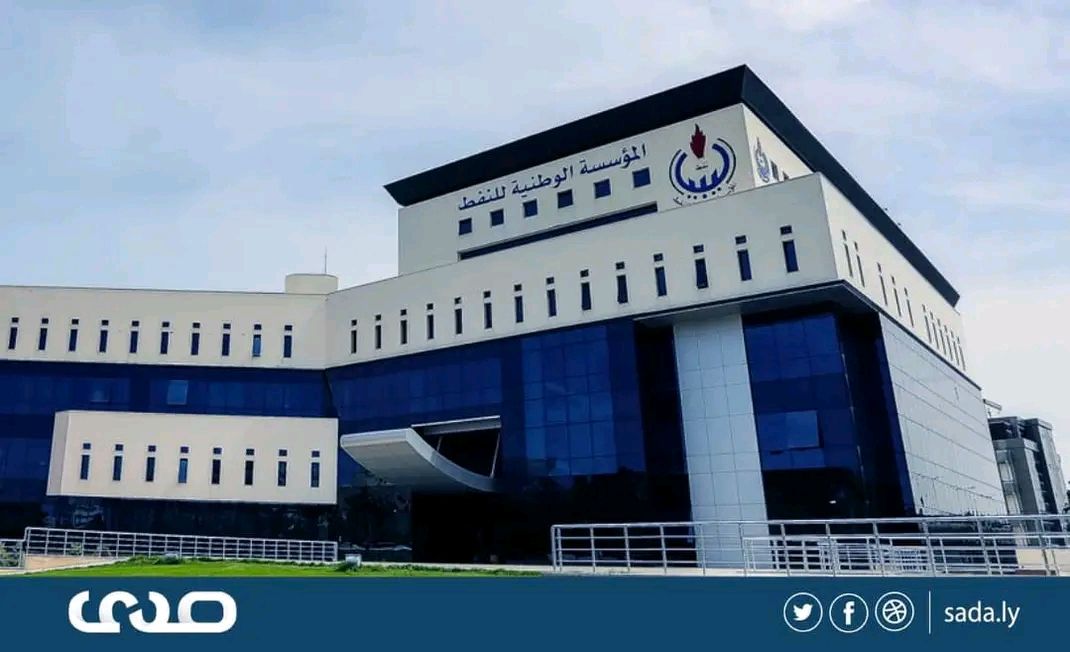The National Oil Corporation and its subsidiaries have recently revealed increased production rates through the exploration and rehabilitation of several wells. The transition from observation well (HH59-65) to a production well in the Masla oil field by the Arabian Gulf Oil Company resulted in a production rate of approximately 2,104 barrels per day. Similarly, the observation well (C309-65) was converted to a production well with a rate of 1,134 barrels per day. Additionally, the well (V01-NC8A) in the Hamada field was rehabilitated to produce over 320 barrels per day.
In the Al-Lib field’s southeastern contract area (M.N.6), Sirte Oil Company drilled the exploratory well (WWWWW1-6) with a production rate of 16.8 million cubic feet of gas per day and 626 barrels of oil per day. Well (A1-NC107) was rehabilitated in block NC 107, yielding 2,400 barrels of crude oil daily, while well (A3-NC107) in the same block produced 600 barrels per day. The NC-149 block saw the completion of oil well (D-28-H) with a daily production of 2,000 barrels of crude oil, and in block NC-6, well (DDDD-2) was completed with a production rate of 600 barrels per day. Additionally, well (Q-1) in block NC-101 produced 500 barrels per day, well (UU-42) in block NC-6 produced 400 barrels per day, well (C347) in block NC-6 produced 1,000 barrels per day, and well (E-03) in block NC-101 yielded an increase of approximately 5,000 barrels of oil.
In the Abu Attifel field, Mellitah Oil & Gas Company rehabilitated well (A75), achieving a production rate of 4,000 barrels per day, and explored well (A1) with a rate of 2,773 barrels per day. In the Elephant field, the fifth well (FB-21HOR-ST2) produced 3,820 barrels per day. Wells (1-16) and (1-71) in Abu Attifel were rehabilitated, producing 3,333 barrels of oil and 9 million cubic feet of gas daily. Well (27-B4) in the Bouri field was rehabilitated with a rate of 1,200 barrels per day, while the recovery well (B4-49) was completed with a rate of 1,800 barrels of oil per day. In the Elephant field, well (FC25) produced 7,500 barrels per day, and the fourth well was re-drilled to yield 3,500 barrels per day.
In the Sharara field, Akakus Oil Operations Company completed several wells: well (B-23-H) with a production rate of 1,644 barrels per day, well (B-24-H) with 1,606 barrels per day, well (B-25-H) with 1,744 barrels per day, well (H-48) with 734 barrels per day, well (B-50) with 1,890 barrels per day, well (B-49-H) with 1,921 barrels per day, and well (B-48) with 1,464 barrels per day. Heavy maintenance was completed on several wells in Sharara: well (A-28) producing 966 barrels per day, well (A-24) with 1,141 barrels per day, well (B-46) with 1,061 barrels per day, well (J-12) with 548 barrels per day, well (R-17) with 714 barrels per day, well (B-17-H) with 220 barrels per day, well (H-05) with 205 barrels per day, well (K-01) with 319 barrels per day, and well (O-01) with 291 barrels per day.





